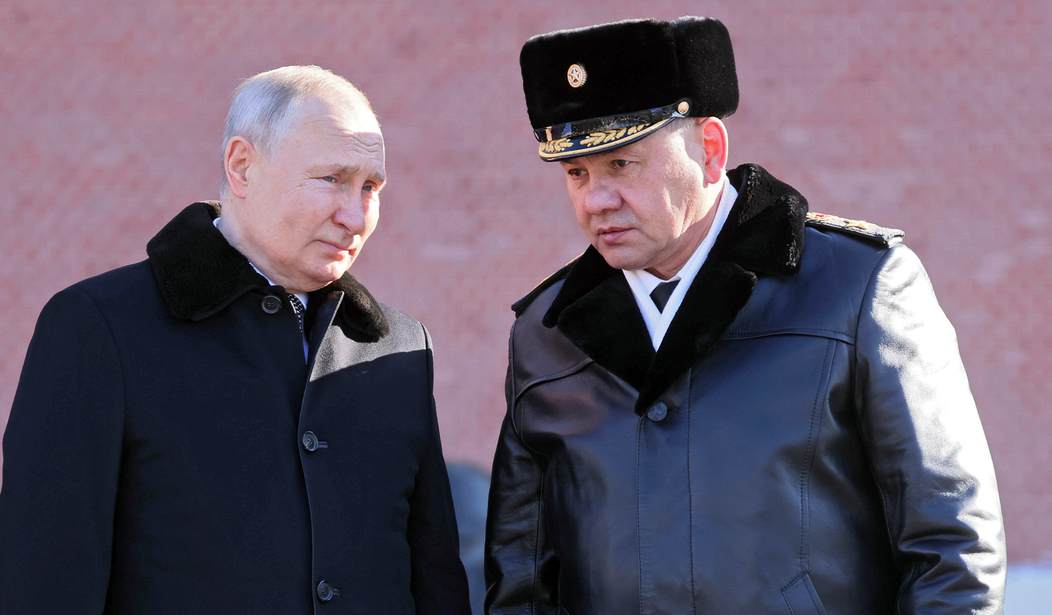Imagine your son is being held in one of Mad Vlad Putin’s prisons in Moscow and you live thousands of miles away in America. You would probably do what Evan Gershkovich’s parents did – they traveled to Russia to see their son and let him see them. They were able to attend his latest hearing. Though the outcome went against Evan, at least they were in the same room as their son and they were able to make eye contact. He saw the “Free Evan” button his mother was wearing.
His parents are Russian immigrants to the United States. Evan is a first-generation American. The family is well aware of the brutalities of Russian prisons. During the hearing, Russian officials extended Evan’s pretrial detention by three months.
Evan was arrested in Yekaterinburg on March 29 while on a reporting trip. He was eating dinner in a steakhouse and was taken out of the restaurant by the Federal Security Service (FSB). He has been declared “wrongfully accused” by the State Department. Evan has been working out of the Moscow bureau of his employer, the Wall Street Journal.
After a tense wait outside the courtroom, their long journey paid off, and they were ushered inside for the close of pretrial proceedings this week.
“It meant so much to be able to see him, and for him to see us,” Milman, his mother, said in a phone call. “Any parent who loves their kid would travel to the end of the world to be with them for five minutes,” she said.
The last time his parents traveled to Russia was in 2018 when Evan moved to Moscow to work as a journalist. His parents left the Soviet Union in 1979 to settle in America. They miss their son and are worried about him. “I have missed just talking to him and being able to see him,” the father said.
A touching part of this story is that his parents dressed up to attend the hearing because they wanted Evan to see that they are holding up well under the stress of his detention. It was a show of strength meant to boost their son’s morale.
Evan’s parents said they dressed up for the occasion to show their son they are holding up under the pressure. Milman chose pearls, linen pants and a bracelet he had bought her during a trip to Thailand. On the center of her chartreuse sweater, she pinned a large “Free Evan” button that is commonly worn by the journalist’s colleagues.
Mikhail Gershkovich donned the same black suit he wore to last month’s White House Correspondents’ Association dinner, where the family received a standing ovation. And in a show of solidarity with his son, he paired it with a checkered button-up shirt similar to the ones the younger Gershkovich frequently wore before he was detained.
“I think it’s very important that he’s heard from his friends that we are doing well, and it’s important for him to see us, that we look good,” Milman said, adding that they were encouraged by how well Evan looked, too. Though his skin is pale, she said, he was smiling and looked relaxed at the hearing.
“For us, the hard part is that we could leave, and he couldn’t,” she said.
Evan’s lawyers appealed the court’s decision earlier this week to extend his pretrial detention until August 30. Thursday his lawyers filed the appeal to try to shorten the typically long and drawn-out pretrial legal process in Russian courts. Evan remains in prison during the pretrial phase.
Earlier this week, Evan’s employer, the Wall Street Journal, released a brief statement after the hearing.
The Journal had no immediate comment on the appeal. Earlier this week, the paper released a statement saying that it wasn’t surprised by his continued detention, but that “we are deeply disappointed.”
“The accusations are demonstrably false, and we continue to demand his immediate release,” the statement said.
A pretrial detention can be extended up to 12 months. According to Russia’s Criminal Procedure Code, the court may permit the extensions and further extensions may be granted in exceptional cases. So, defendants can end up in prison for months while prosecutors and investigators put the case together.
Proceedings are being done behind closed doors.
While Russia’s justice system normally guarantees the right to a jury trial in public, espionage trials are usually heard by judges behind closed doors, as in most countries, because evidence is often classified, meaning that Gershkovich’s case is likely to be held in secret.
A judge in April rejected Gershkovich’s initial appeal against his pretrial detention at a hearing closed to the public. The court didn’t publish an account of the proceedings or the judge’s rationale.
It’s important for the State Department to continue to push for Evan’s release, as it is with other Americans being held in Russian prisons, like Paul Whelan and Marc Fogel.








Join the conversation as a VIP Member